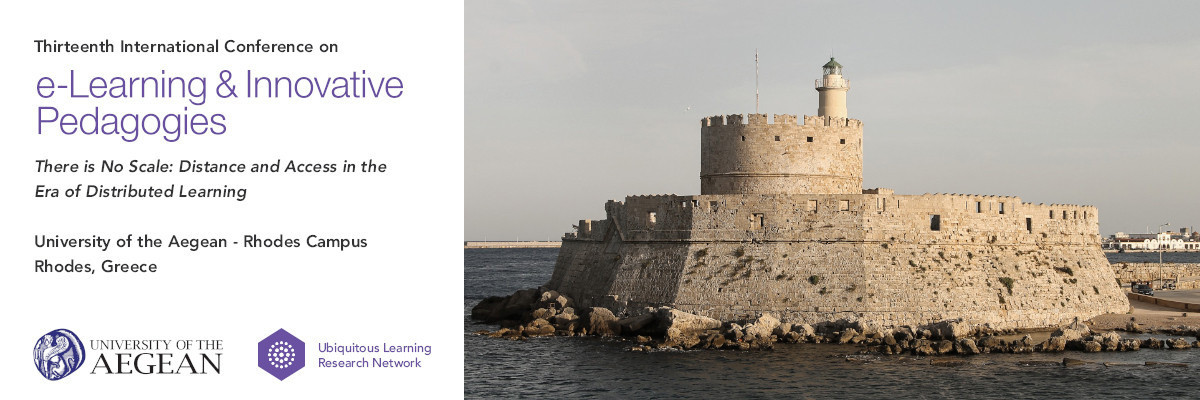Welcome Address
Bill Cope, Professor, College of Education, University of Illinois, Urbana-Champaign, President, Common Ground Research Networks, Champaign, United States
Mary Kalantzis, Professor, College of Education, University of Illinois, Urbana-Champaign, USA
Chryssi Vitsilaki, Rector, University of the Aegean, Mytilene, Greece
Click to View
Dr. José Luis Ortega-Martín, Director científico de Common Ground en Español, Profesor, Universidad de Granada, Granada, España (in Spanish)
Haga clic aquí
Plenary Sessions
The Ambient Intelligent Classroom
Matthew Montebello, Professor, Department of Artificial Intelligence, Faculty of ICT, University of Malta, Msida, Malta
Click to View
After the COVID-19 Crisis: Why Higher Education May (and Perhaps Should) Never be the Same
Mary Kalantzis, Professor, College of Education, University of Illinois at Urbana-Champaign, USA
Bill Cope, Professor, College of Education, University of Illinois, Urbana-Champaign, President, Common Ground Research Networks, Champaign, United States
Click to View
COVID and After
Pierpaolo Limone, Full Professor of Experimental Pedagogy, Department of Humanities, University of Foggia, Foggia, Italy
Click to View
Dr. Marcelo Careaga Butter, Docente Universitario e Investigador, Universidad Católica de la Santísima Concepción, Concepción, Chile (in Spanish)
Haga clic aquí
